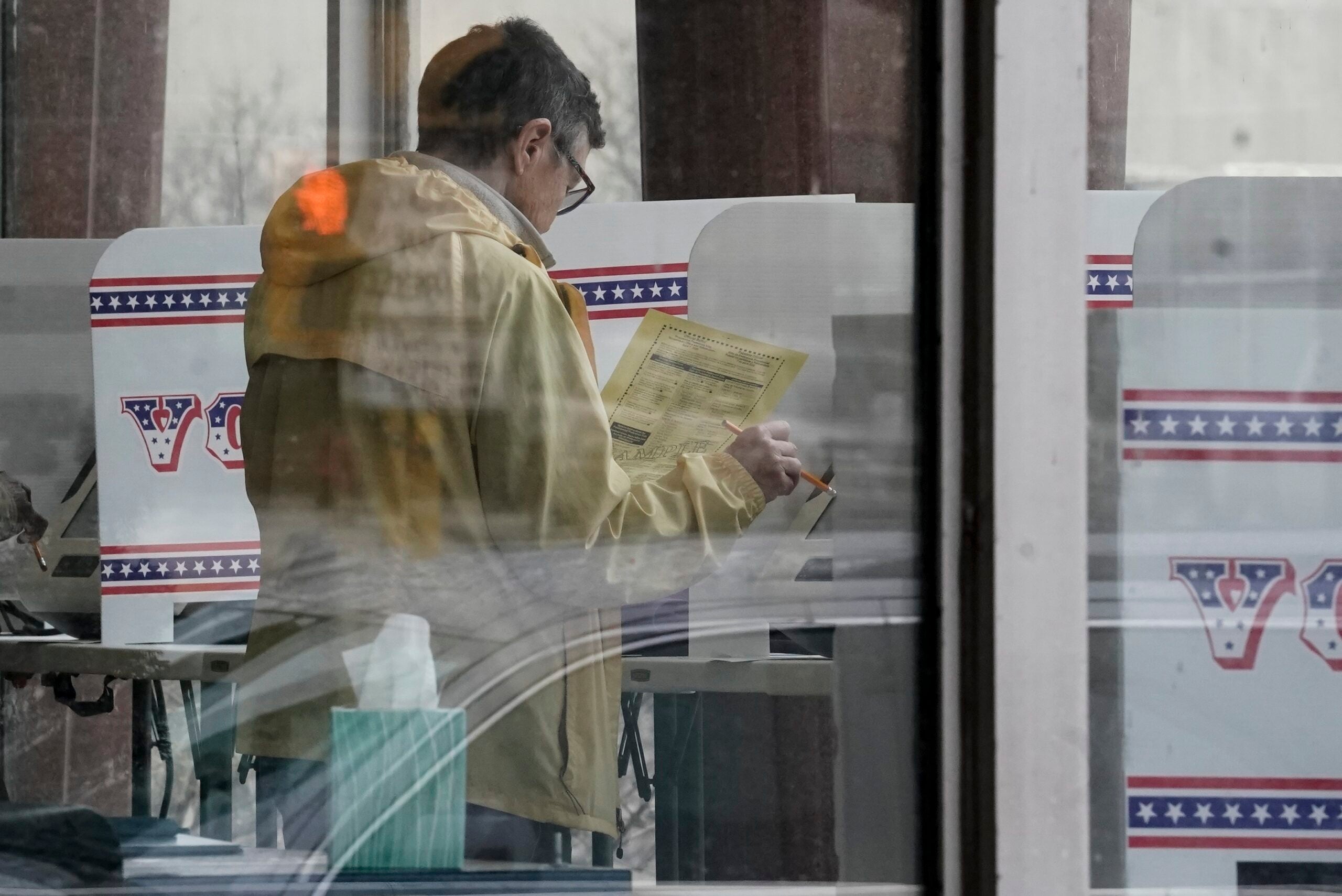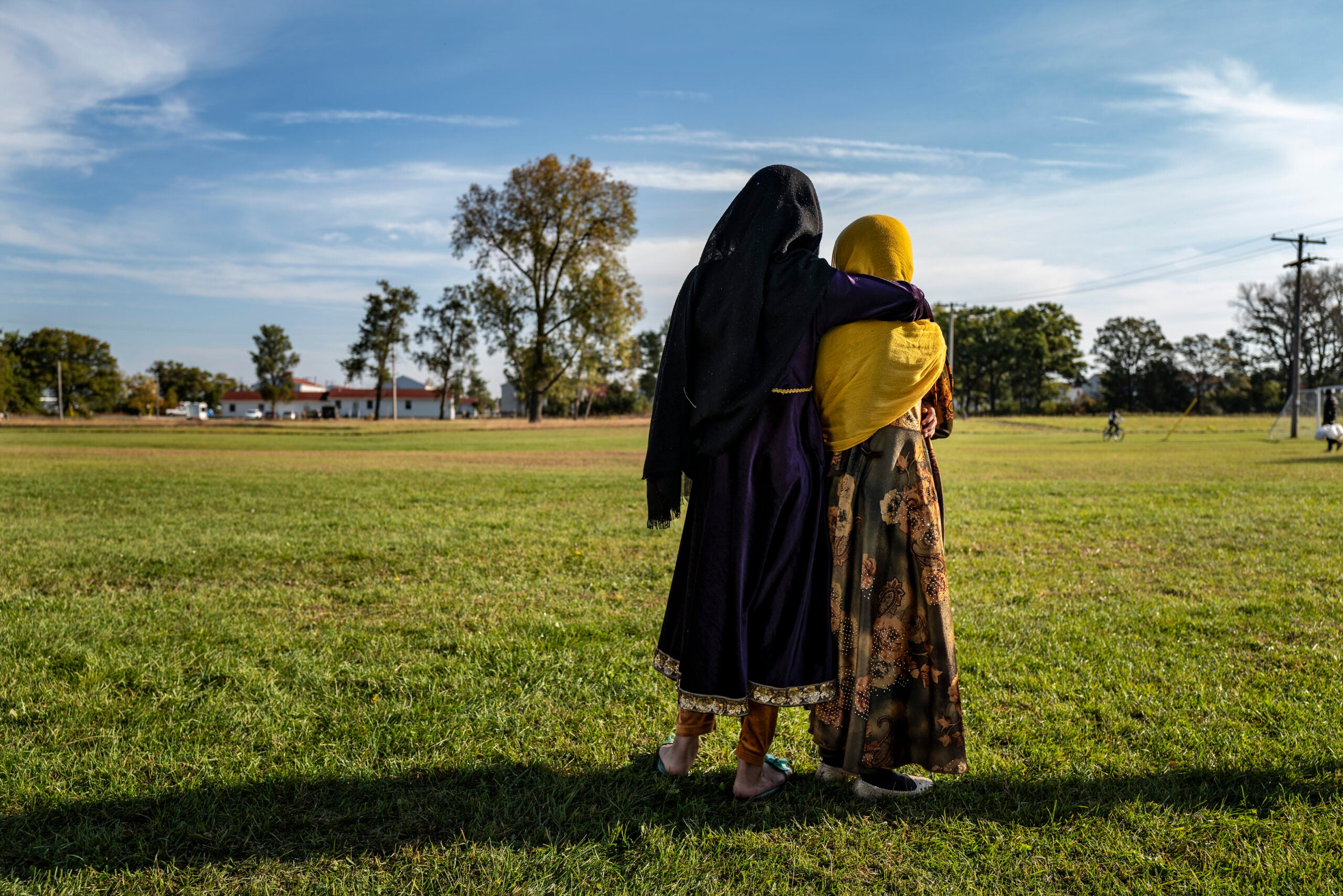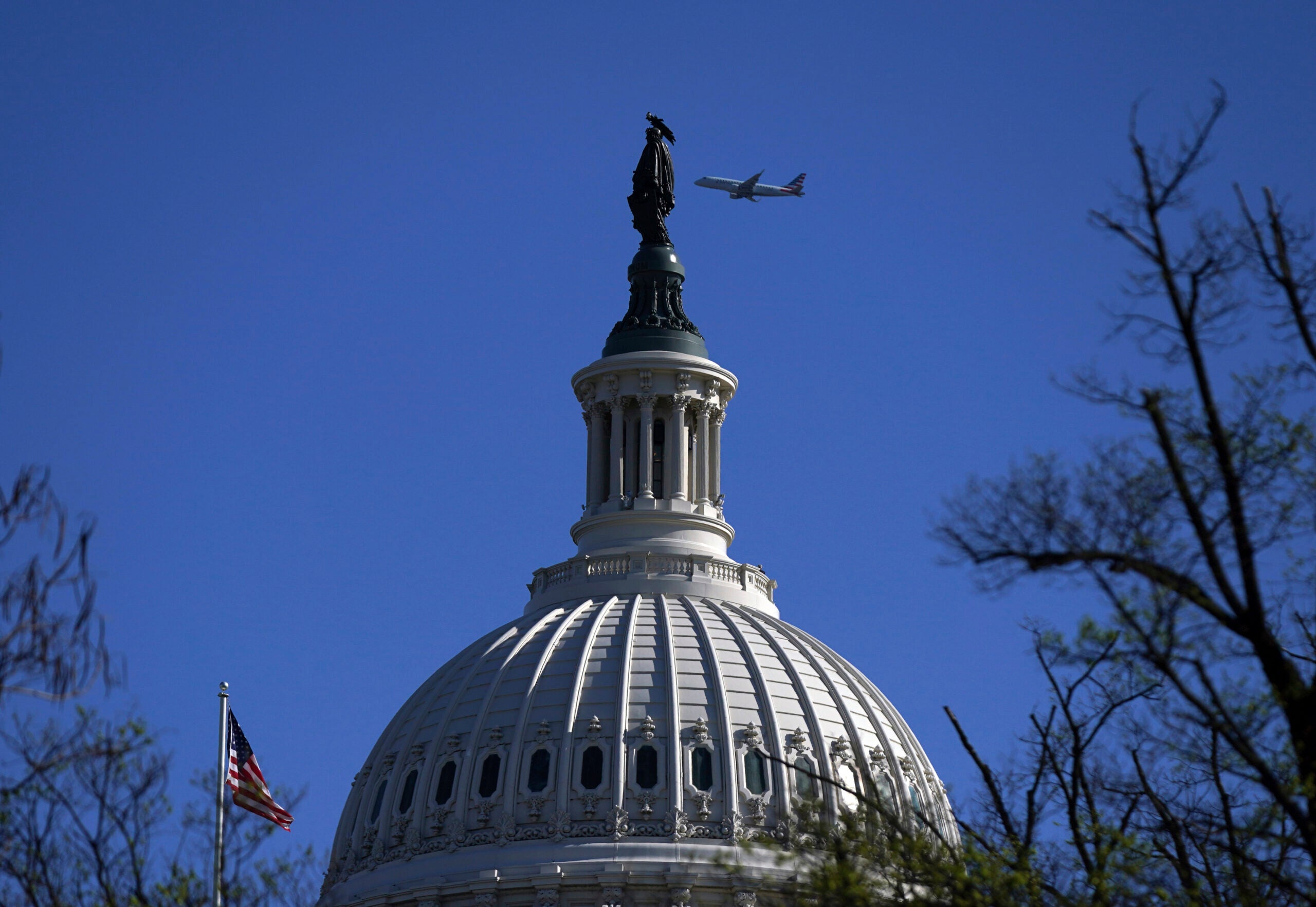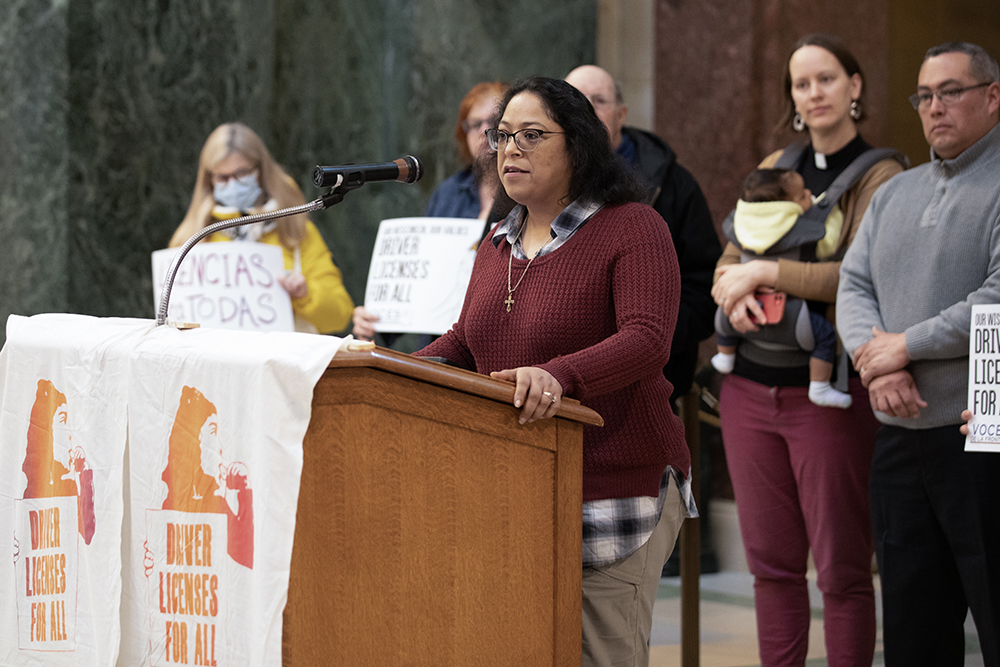Last Monday, the owners of the Wausau-area restaurant where Frances Slezak worked as a server called everyone in to tell them they’d been laid off.
They said they hoped it would be temporary. They said their employees would have their jobs waiting for them on the other side of the battle to limit the spread of COVID-19. But for this period of weeks or months, the restaurant would be closed.
“In the service industry, we’re always and forever getting bad news,” Slezak said. “This table didn’t leave a tip. My shift got cut. … We always have a bit of gallows humor.”
News with a little more humanity
WPR’s “Wisconsin Today” newsletter keeps you connected to the state you love without feeling overwhelmed. No paywall. No agenda. No corporate filter.
But there was no humor at this meeting. The mood was somber, Slezak said. People were scared.
Slezak is one of tens of thousands of workers in Wisconsin to have lost a job last week. The crisis has upended lives and disrupted the economy on a scale that hasn’t been seen before in living memory.
The long-term effects of these things are unwritten, but they are likely massive, extending to every part of the state’s economy, and perhaps affecting 2020 elections and other aspects of state politics.
Despite calls from some local officials, Gov. Tony Evers and legislative leaders have said they will not postpone the state’s April 7 elections, which include a presidential primary, a state Supreme Court race and hundreds of local races.
Remember, folks: the best thing you can do to help protect not only you and your family, but our healthcare workforce is #StayHome. #COVID19 pic.twitter.com/dVwvihX20f
— Governor Tony Evers (@GovEvers) March 21, 2020
For most people, these political contests have taken a back seat to more immediate health and safety concerns. But the way people experience the crisis and the government’s response to it could shape the way they play out.
Wisconsin Public Radio reporters spoke to people across the state about their experiences in the early days of the pandemic, asking them how they were affected and what they were feeling about the response.
Slezak has a 6-month-old baby at home. She’s one semester away from finishing a degree in elementary education. It’s her second degree, part of a plan to change careers. She was looking forward to beginning her student teaching.
“My education is on hold, and my job is on hold,” she said. “My life is on hold.”
Slezak’s partner is a respiratory therapist. He’s working long hours already, and they both expect his work to increase as more people suffer from severe cases of the pandemic illness. They worry about his safety, but they’re also grateful for his relative job security in a difficult time. Their household will be able to get by financially. But like so many others, she’s reeling.
As for the government response, she’s found it confusing, with contradictory messages coming from within the Trump administration and down to state and local officials. She’s not the only Wisconsinite who feels that way.
‘I Wake Up With My Heart In My Throat’
As the state shut down public gatherings and experts recommended social distancing last week, Wisconsinites grumbled about the lack of toilet paper at stores. Some worried about vulnerable family members or friends. And nearly everyone waited to learn what the fallout of these measures would be — whether they would work to protect people, and whether proposed economic rescue measures would be effective in helping those who need it.
At 59, Chris McDonough is on the cusp of what scientists say is the highest-risk age group for the disease. She lives in Sun Prairie with her daughter, who has multiple sclerosis, and her husband, who has a chronic lung condition. He works for Dane County’s information technology department, and has been going to work, Clorox wipes in hand, often working in a separate office from co-workers.
“People are getting a little bit of time now to look at things and understand that we are all interconnected,” McDonough said. “This is a terrible thing that’s happening to us. But I’m hopeful that something will come out of it … some heightened awareness.”
McDonough said the response from the federal government to the crisis “is a complete disgrace.” She said the Trump administration was slow to recognize the seriousness of the new coronavirus, and that its spread, including the uneven distribution of testing, has exposed weaknesses of the United States’ health care system.
“We are seeing all the holes now in our national health care system,” said McDonough, who favors single-payer health care. The crisis “is really exposing a lot of things in our government that need to be fixed.”
Wisconsin Public Radio, © Copyright 2025, Board of Regents of the University of Wisconsin System and Wisconsin Educational Communications Board.







